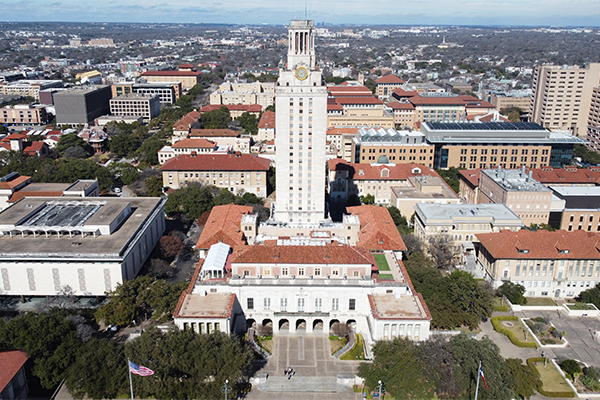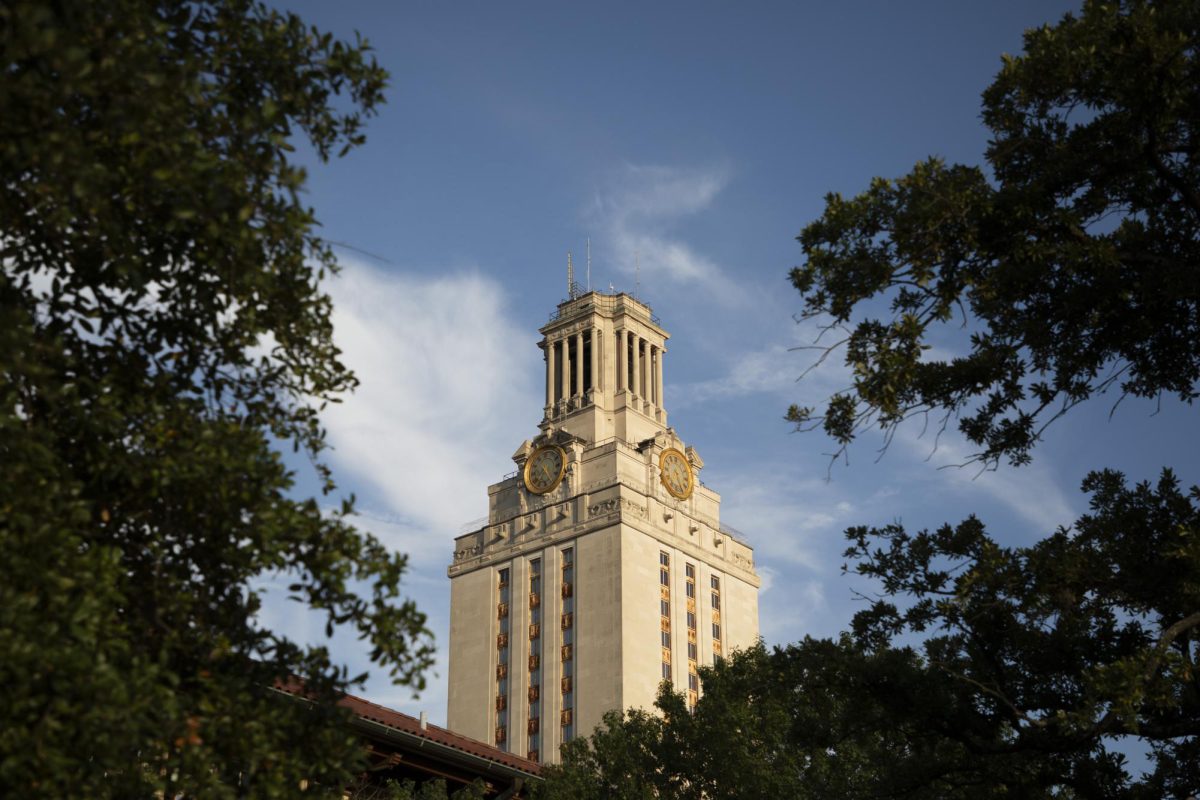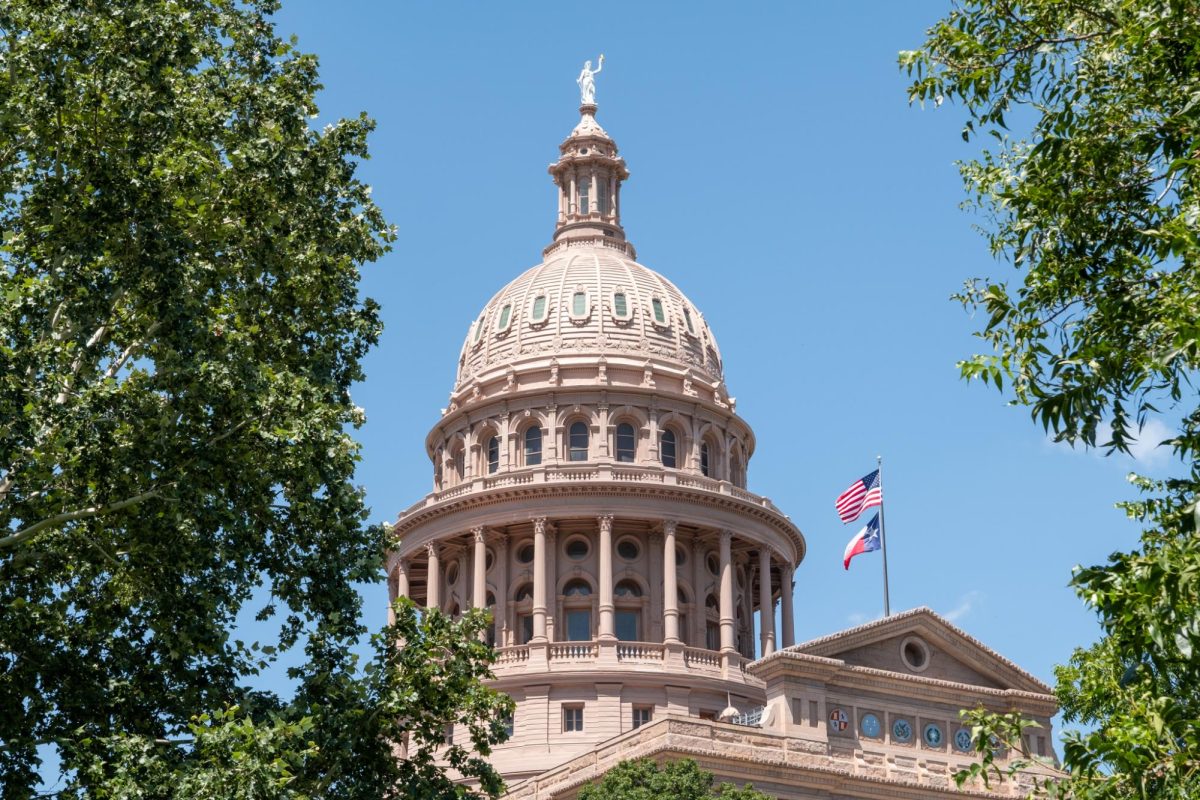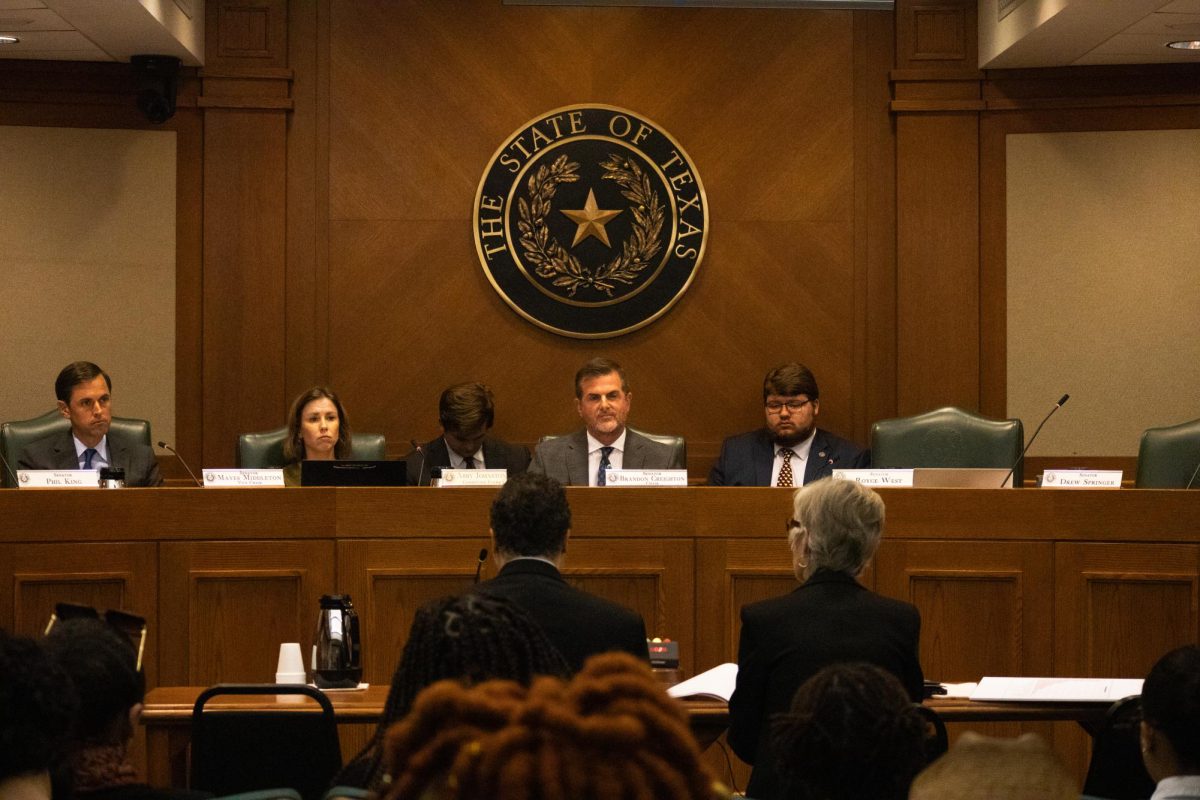Editor's Note: This story first appeared in The Daily Texan's February 9 print edition.
Two Texas state representatives co-filed a bill in January to deny in-state tuition to undocumented students, which would force undocumented students at UT to pay over $13,000 more a semester when switched to out-of-state tuition.
There are over 65,000 undocumented students in Texas postsecondary education, according to last year’s New American Economy study. Edna Yang, co-executive director of American Gateways, a nonprofit that provides legal services to immigrants, said the bill, if passed, would create a financial barrier for undocumented students looking to receive a degree. State Reps. Jeff Cason and Bryan Slaton said they did not want tax dollars going toward undocumented student's education.
Undocumented students cannot receive federal financial aid, making the bill even more potentially detrimental to these student’s higher education access, said Tiffany Lewis, Director of UT's Monarch Student Program, a resource center for undocumented students on campus.
“What this bill will essentially do is make it nearly impossible for many folks to attend higher education,” Yang said. “The rhetoric around it is really divisive and it’s really dehumanizing. It is saying that these individuals, because they’re undocumented, don’t have the right to afford higher education.”
Cason claims taxpayers’ dollars are being used to finance the education of undocumented immigrants, according to a press release. In 2001, House Bill 1403 granted in-state tuition rates to undocumented students. This is the third attempt to overturn the 2001 decision in the state legislature.
“Texans’ tax dollars should not be used to reward and encourage illegal immigration to our state and nation,” Cason said in the release. “As Texas taxpayers are seeing their property taxes rise, they are rightfully even more frustrated to find out that the Texas legislature has seen fit to give handouts to illegal immigrants.”
Cason and Slaton did not respond to requests for comment.
Yang said because undocumented immigrants pay millions of dollars in taxes, they have a right to in-state tuition. Because Texas has no state income tax, undocumented immigrants pay taxes through sales and property taxes, just like documented citizens, Yang said.
“They’re taking this issue and making it about taxes and money when it's actually not about taxes and money,” Yang said. “It’s about the fact that the folks who proposed this bill don’t want to educate undocumented immigrants. But the fact is, those individuals are here in the community, they pay into the tax system and they should be given the right to afford higher education.”
Yang said the bill would hurt the state’s workforce and economy by holding people back from higher education, and an educated workforce benefits the whole state.
“They’re making it sound like … we’re rewarding or giving a gift to undocumented students if they are able to afford college,” Yang said. “Having individuals who become educated and enter the workforce with advanced degrees really benefits all of us.”
Because many undocumented students have completed primary and secondary school in Texas, Lewis said they have a right to in-state tuition for higher education in Texas as well.
“Undocumented students are only eligible to apply for state financial aid and getting in-state tuition is part of these families’ personal affordability formula for college,” Lewis said.


















